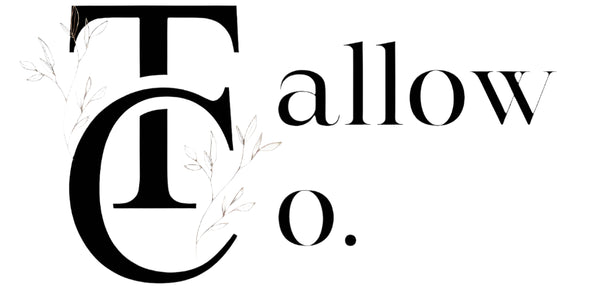
The Sodium Intake Scam: Are We Being Salted Into Submission?
Share
Sodium—it’s the mineral we love to sprinkle on fries, stir into soups, and blame for everything from bloated fingers to heart attacks. For decades, we’ve been told to watch our salt intake like hawks, with health authorities waving red flags about hypertension, strokes, and cardiovascular doom. But what if the sodium scare is less about science and more about a scam? What if the story we’ve been sold is half-baked at best—or worse, a convenient distraction? Let’s dig into the salty mess and see what’s really going on.
The Official Line: Salt Is Public Enemy No. 1
The mainstream narrative is simple: too much sodium raises blood pressure, and high blood pressure is a one-way ticket to an early grave. The American Heart Association (AHA) recommends capping intake at 2,300 mg per day—about a teaspoon of salt—with an “ideal” limit of 1,500 mg for most adults. Governments and health agencies worldwide echo this, plastering low-sodium advice on food labels and public health campaigns. The message? Cut the salt, save your life.
It sounds reasonable—until you start asking questions. Where did these numbers come from? Are they universal? And who benefits from keeping us paranoid about every pinch of seasoning?
The Shaky Science Behind Sodium Limits
The sodium-hypertension link isn’t as ironclad as you’d think. Sure, some studies—like the famous DASH-Sodium trial—show that slashing salt can lower blood pressure, especially in people who are already hypertensive. But for the average healthy person? The evidence gets murky. A 2011 meta-analysis in the American Journal of Hypertension found that cutting sodium reduced blood pressure by a measly 1-2 mmHg in normotensive folks—hardly a game-changer. Meanwhile, a 2014 study in the New England Journal of Medicine suggested that sodium intake below 3,000 mg/day might increase mortality risk in some populations. Wait, what?
Then there’s the elephant in the room: humans have thrived on salt for millennia. It’s a literal life-saver—our cells need sodium to function, from nerve signals to muscle contractions. Historically, salt was so valuable it was used as currency. So when did it turn into a villain?
The Food Industry’s Dirty Little Secret
Here’s where the “scam” angle gets juicy. While health gurus wag their fingers at our salty diets, the processed food industry quietly churns out sodium-laden junk. Think about it: those low-sodium guidelines don’t hurt Big Food—they thrive on it. When you’re told to ditch table salt, you’re more likely to lean on packaged goods, where sodium hides in everything from bread to cereal. The average American gets 70% of their sodium from processed foods, not the salt shaker. Coincidence? Hardly.
And then there’s the flip side: the low-sodium product racket. Food companies slap “low salt” labels on cans and boxes, charging a premium for watered-down versions of the same slop. It’s a win-win for them—you feel virtuous, they make bank, and nobody questions why the baseline food supply is a sodium bomb to begin with.
The Medical Overreach
Doctors and dietitians aren’t off the hook either. The blanket “cut sodium” advice ignores individual variation. Some people are salt-sensitive—meaning their blood pressure spikes with intake—but many aren’t. A 2017 study in The Lancet found that sodium’s risks are overstated for most, and that potassium intake (think bananas, spinach) might matter more for balancing things out. Yet how often do you hear “eat more potassium” instead of “fear the salt”? Rarely. It’s easier to scapegoat sodium than to rethink the system.
So, What’s the Real Scam?
The sodium intake “scam” isn’t a grand conspiracy with secret handshakes—it’s a collective shrug. It’s the lazy recycling of outdated guidelines, the food industry’s sleight of hand, and a public health machine too rigid to admit nuance. We’re told to obsess over a single nutrient while ignoring the bigger picture: processed diets, stress, and sedentary lives. Salt isn’t the demon—it’s just the fall guy.
The Takeaway: Salt Smarter, Not Less
Does this mean you should drown your meals in salt? Nah—balance matters. But maybe it’s time to stop treating sodium like a serial killer. Cook real food, taste it as you go, and listen to your body. If your blood pressure’s fine and you’re not chugging soy sauce, you’re probably not teetering on the edge of disaster. The scam isn’t sodium itself—it’s the fear we’ve been sold about it.
Next time someone lectures you about salt, toss a pinch over your shoulder and keep it moving. Life’s too short for bland meals and bad advice.
